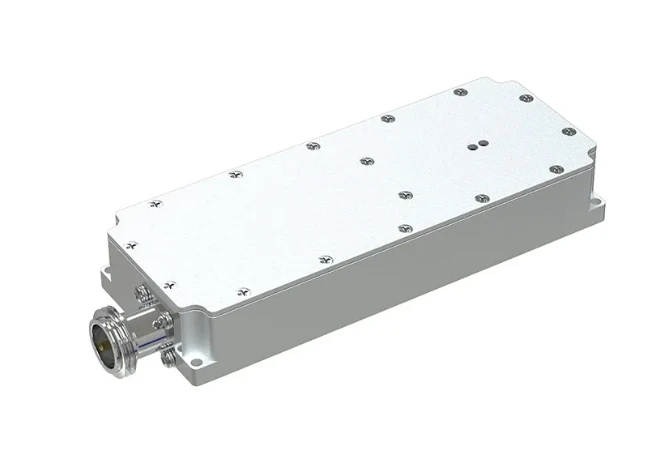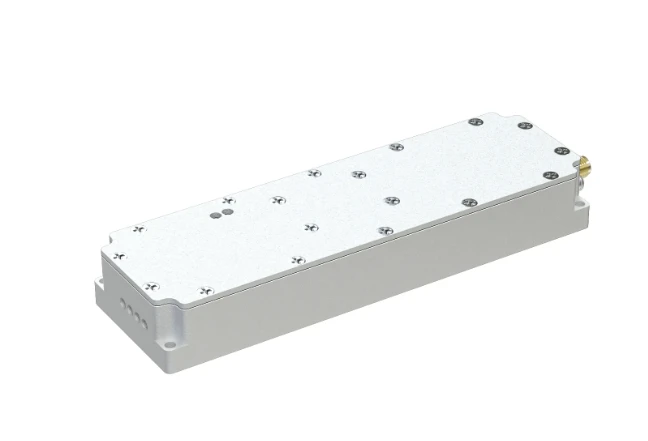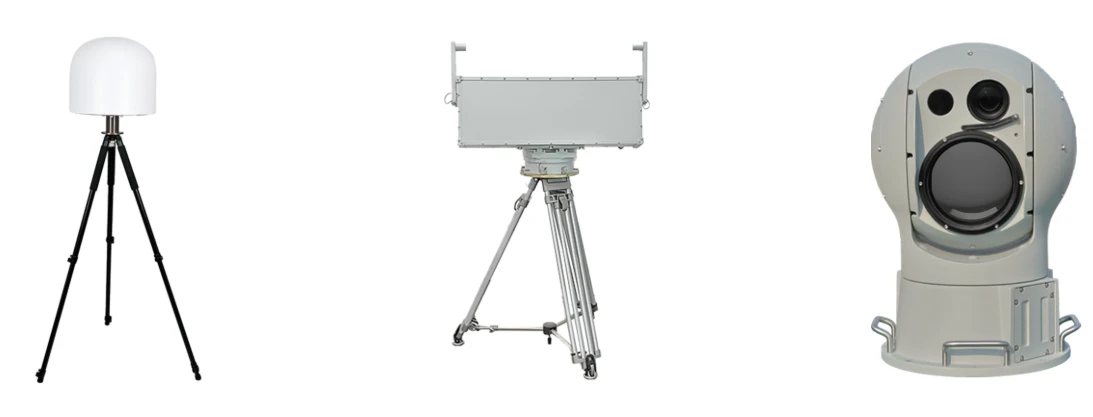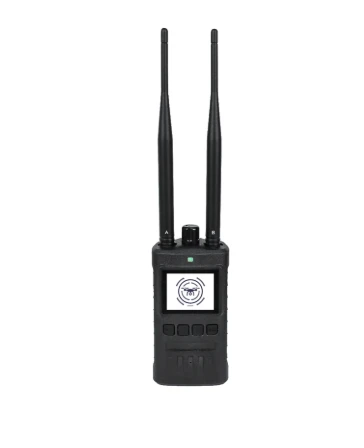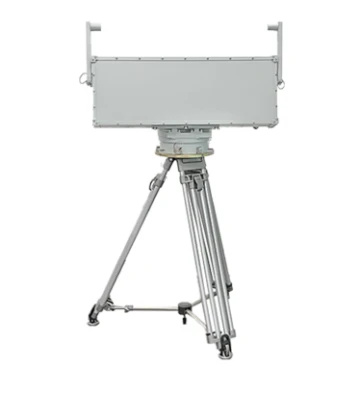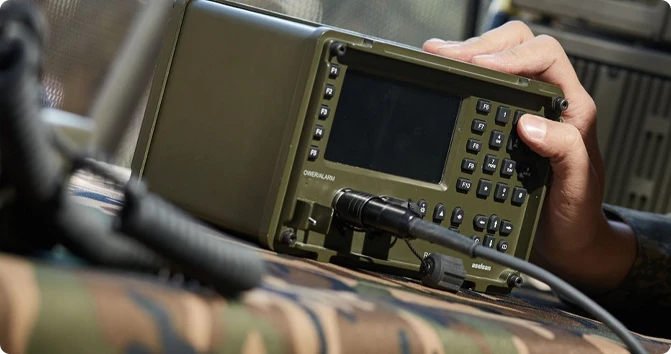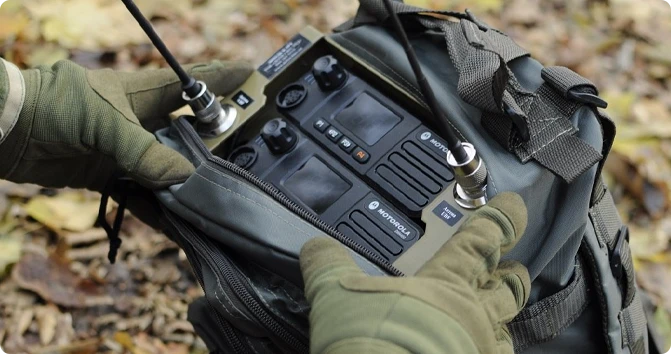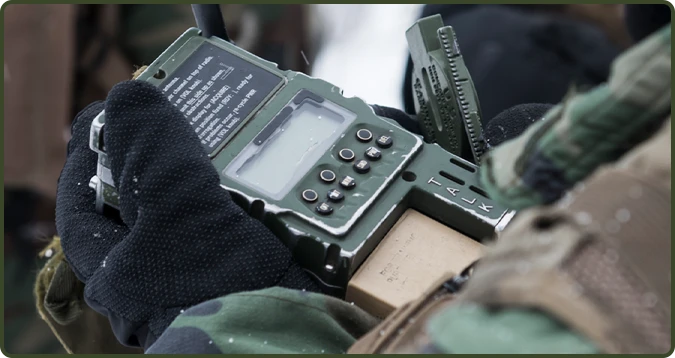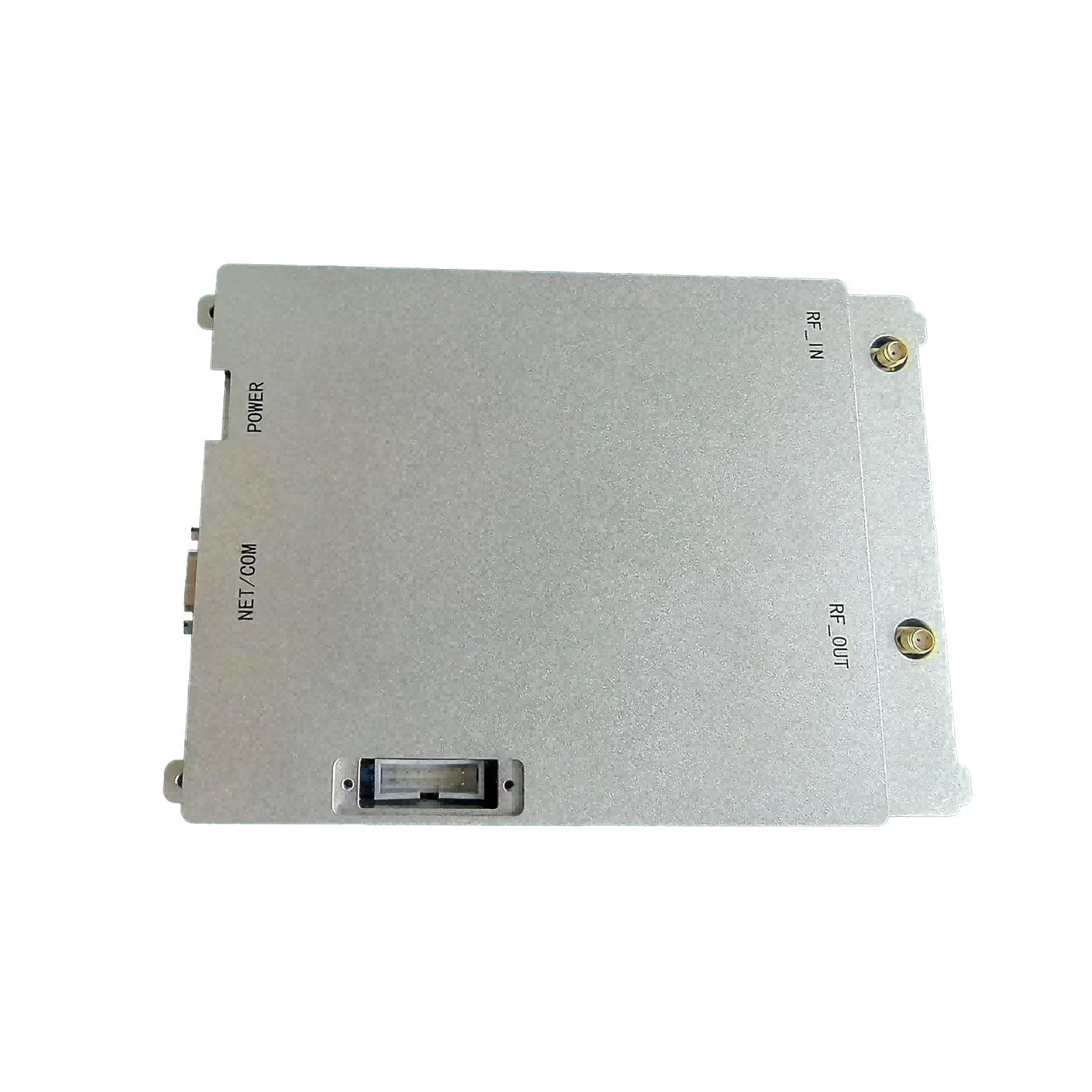Power Industry with Radio Frequency Detectors
The power industry is essential for modern society, as it fuels the infrastructure that supports our daily activities. However, as the industry grows and adopts more advanced technology, new challenges arise—especially regarding electromagnetic interference (EMI) and ensuring the reliability of electrical systems. One of the most valuable tools in tackling these challenges is the radio frequency detector. These devices are crucial in the power industry for detecting electrical discharges, monitoring power line communication systems, and ensuring the electromagnetic compatibility (EMC) of power equipment. In this article, we will explore how simple RF detectors, wireless frequency detectors, portable RF detectors, and RF broadcast detectors are helping optimize safety, efficiency, and reliability in the power industry.
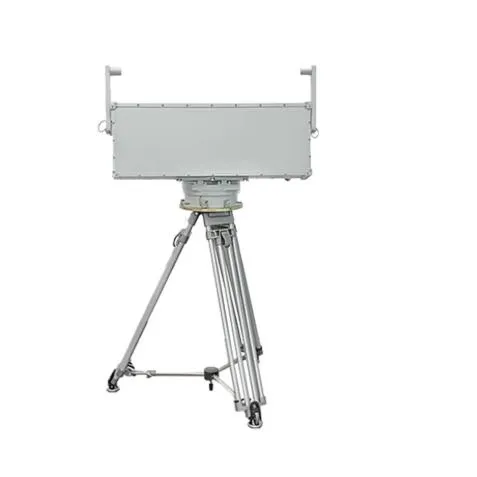
The Role of Simple RF Detectors in Detecting Electrical Discharges
Electrical discharges are a significant concern in the power industry, as they can lead to equipment failure, power outages, or even dangerous situations like fires. These discharges often occur in the form of electromagnetic emissions, which can be detected using a simple RF detector. These detectors are essential for identifying electrical discharges early, enabling the power industry to take corrective actions before serious damage occurs.
A simple RF detector can identify sudden surges or fluctuations in the electromagnetic fields that are produced when there are electrical discharges in power equipment. For instance, if there is an issue with a transformer or high-voltage power line, an RF emission may occur as a result of the discharge. A simple RF detector can pinpoint these emissions, allowing engineers to address the source of the discharge before it causes equipment malfunctions or poses a safety hazard.
In power substations or electrical grids, the use of a simple RF detector is crucial for preventing costly downtime and ensuring the continuous supply of power. These detectors help monitor the health of electrical equipment and provide an early warning system to avoid breakdowns. By identifying potential issues through the detection of radio frequencies associated with discharges, power operators can take proactive measures, ensuring system reliability and safety.
Using Wireless Frequency Detectors for Power Line Communication Systems
In modern power distribution systems, power line communication (PLC) is increasingly used for remote monitoring, control, and management of electrical infrastructure. Wireless frequency detectors play a vital role in ensuring the reliability of PLC systems by detecting and preventing interference from other electromagnetic signals. Power line communication relies on the transmission of data over electrical lines, and if the signal is disrupted by outside interference, it can result in incorrect data transmission, leading to faulty operations or even system failures.
Wireless frequency detectors can help identify any external sources of interference that could affect the communication signals on power lines. These detectors monitor the radio frequency spectrum used for communication and ensure that no competing signals are degrading the performance of the PLC system. For example, in a power distribution network, a wireless frequency detector can be used to monitor the power lines and detect any interference from nearby electronic devices or radio transmitters that might disrupt the PLC system’s signal.
By using wireless frequency detectors, power companies can ensure the integrity and reliability of their communication systems, preventing issues like incorrect data transmission and loss of connectivity. The ability to detect and address interference quickly ensures that power grid operators can maintain real-time control and monitoring, optimizing system performance and preventing costly errors.
The Importance of Portable RF Detectors in Remote Power Monitoring
The power industry often requires monitoring of equipment and systems in remote locations, where traditional monitoring solutions might be difficult or costly to implement. This is where portable RF detectors come into play. These compact, easy-to-use devices are invaluable for inspecting and troubleshooting power systems in hard-to-reach areas. Whether it’s a remote substation or a power line in a rural area, portable RF detectors allow technicians to perform diagnostics and monitor electrical equipment for signs of malfunction or inefficiency.
Portable RF detectors are particularly useful in detecting electromagnetic interference (EMI) and ensuring that power equipment is operating within the desired electromagnetic compatibility (EMC) standards. In some instances, power lines can emit radio frequencies due to mechanical wear or electrical issues. Portable RF detectors can identify such emissions quickly, even in isolated locations, and help pinpoint the root cause of any potential problem.
For example, in a wind farm or solar power facility, where multiple systems are integrated into the grid, portable RF detectors can be used to verify that there is no EMI between different components. These detectors provide engineers with real-time data to ensure that each part of the system is functioning as intended, helping to avoid equipment damage or service interruptions.
How RF Broadcast Detectors Ensure EMC Compliance in Power Equipment
Electromagnetic compatibility (EMC) is critical in the power industry, as non-compliant equipment can cause interference with other systems or be vulnerable to outside interference. To maintain EMC standards, it is essential to monitor power equipment for any potential electromagnetic emissions. RF broadcast detectors are specifically designed to measure and monitor these emissions, ensuring that power equipment remains compliant with industry standards.
RF broadcast detectors are used to detect any unintended RF emissions from power transformers, substations, or other equipment that could interfere with nearby systems or exceed regulatory limits. These detectors are capable of identifying RF signals across a wide frequency spectrum and can help determine if power equipment is operating within the prescribed electromagnetic limits. If emissions exceed the allowable threshold, RF broadcast detectors alert technicians to the issue, allowing them to take corrective action to ensure compliance.
For example, an RF broadcast detector can be used in a power plant to verify that the plant’s equipment is not emitting excessive RF energy that could affect nearby communication systems or other critical infrastructure. These detectors also help ensure that power equipment does not emit harmful interference, maintaining the safety and performance of the entire electrical grid.
Radio Frequency Detectors in the Power Industry FAQs
What is the function of a simple RF detector in the power industry?
A simple RF detector is used to identify electrical discharges in power equipment. It helps monitor electromagnetic emissions and provides an early warning system to prevent equipment malfunctions and ensure system reliability.
How do wireless frequency detectors help in power line communication systems?
Wireless frequency detectors help ensure the reliability of power line communication (PLC) systems by detecting and preventing interference from external electromagnetic signals. They monitor the radio frequency spectrum and ensure smooth communication on power lines.
Why are portable RF detectors important in the power industry?
Portable RF detectors are crucial for monitoring and troubleshooting power systems in remote locations. These compact devices enable technicians to detect electromagnetic interference and ensure the proper functioning of power equipment in hard-to-reach areas.
How do RF broadcast detectors contribute to electromagnetic compatibility (EMC) in the power industry?
RF broadcast detectors monitor RF emissions from power equipment and ensure that they comply with EMC standards. They help detect any unintended electromagnetic emissions that could interfere with nearby systems, ensuring regulatory compliance and preventing damage.
Where can I purchase radio frequency detectors for use in the power industry?
You can purchase high-quality radio frequency detectors directly from our website. We offer a range of detectors designed for the power industry, providing accurate monitoring of electromagnetic emissions and ensuring the efficiency and safety of your equipment. Visit our site today to explore our products and make a purchase.
-
09 March 2021 07 Jul 2025
-
09 March 2021 07 Jul 2025
-
09 March 2021 07 Jul 2025
-
09 March 2021 07 Jul 2025
-
09 March 2021 07 Jul 2025
-
09 March 2021 21 May 2025
-
09 March 2021 25 Dec 2024
-
09 March 2021 14 Oct 2022
-
09 March 2021 25 Dec 2024



